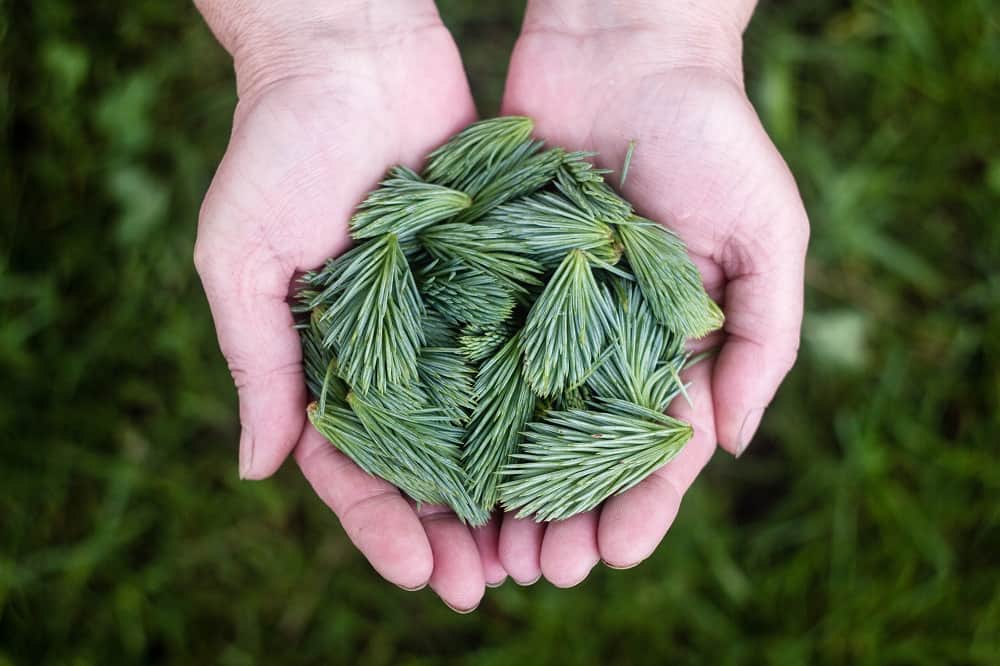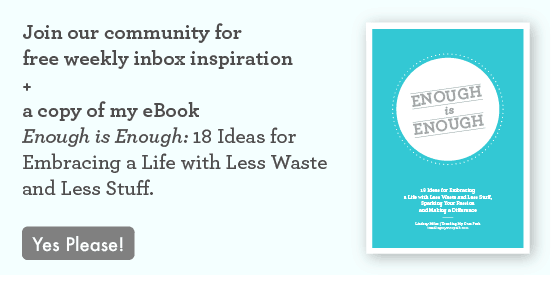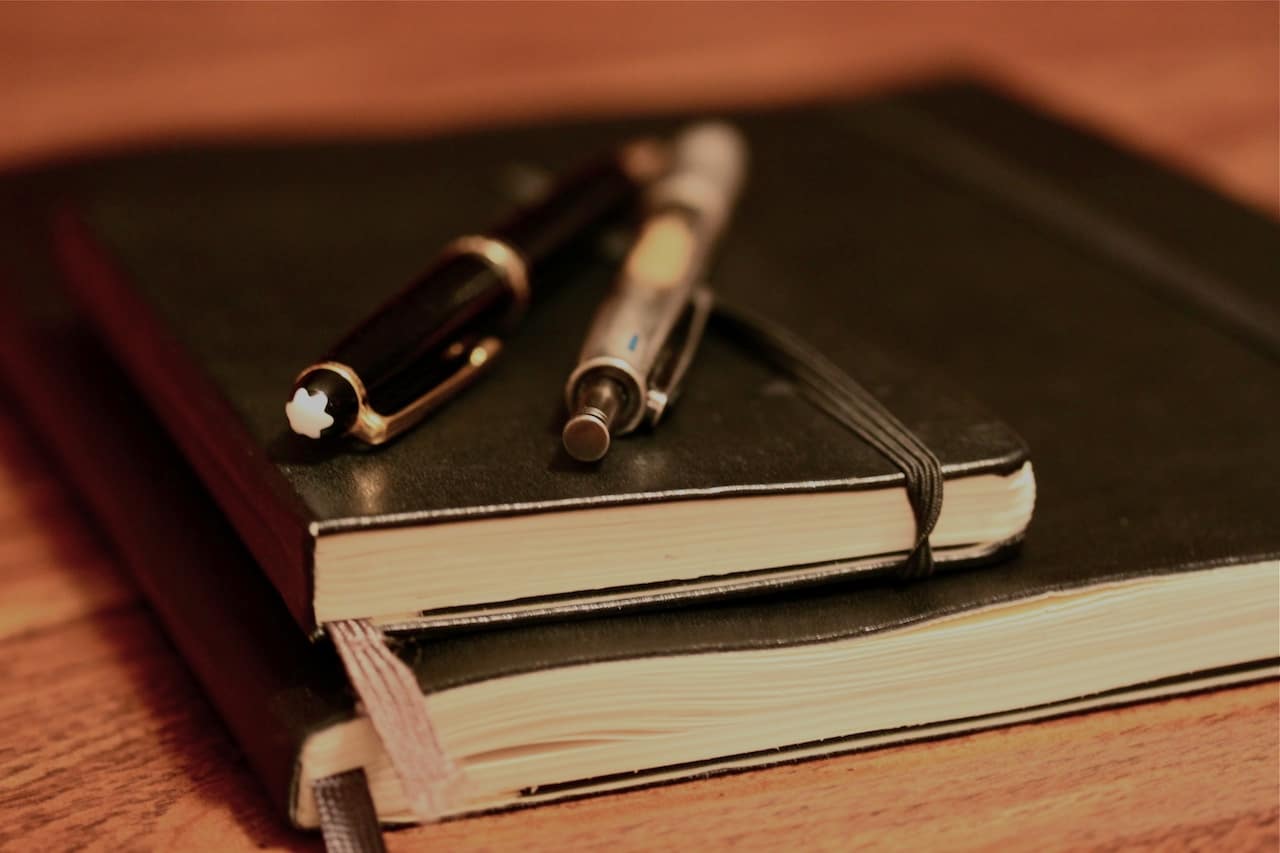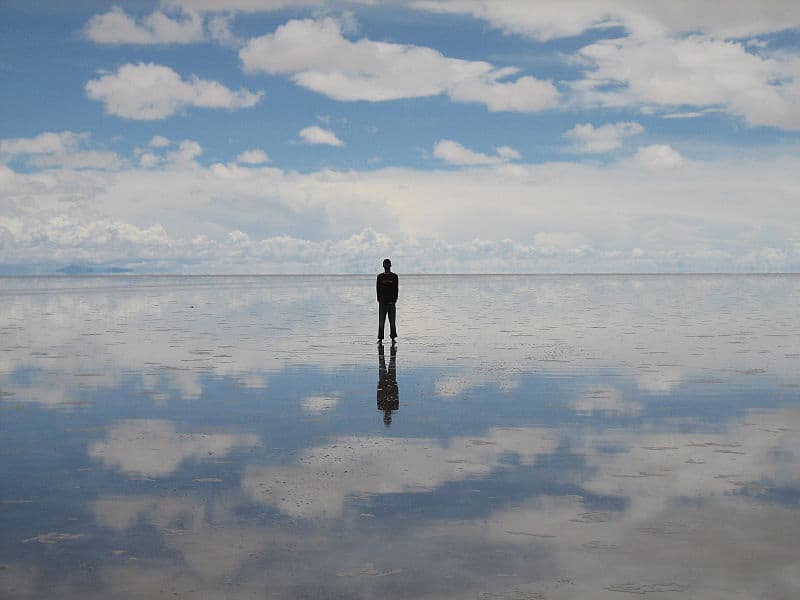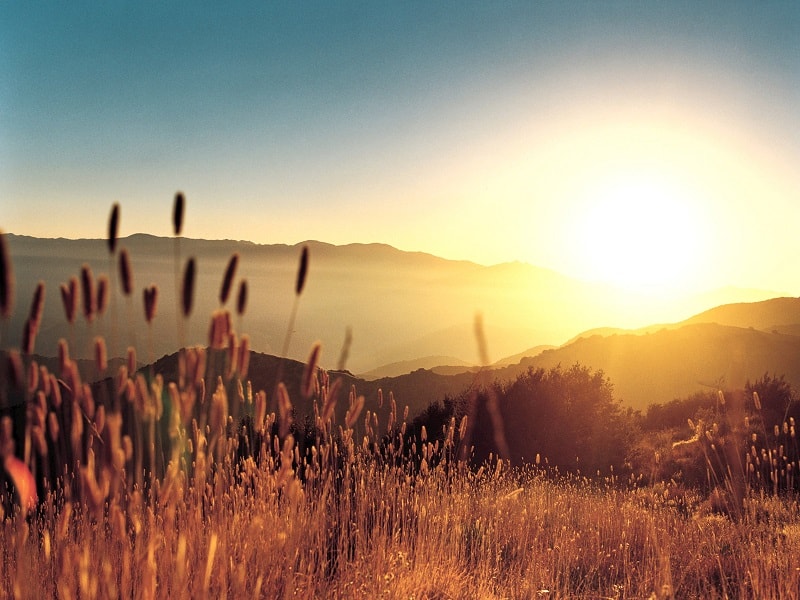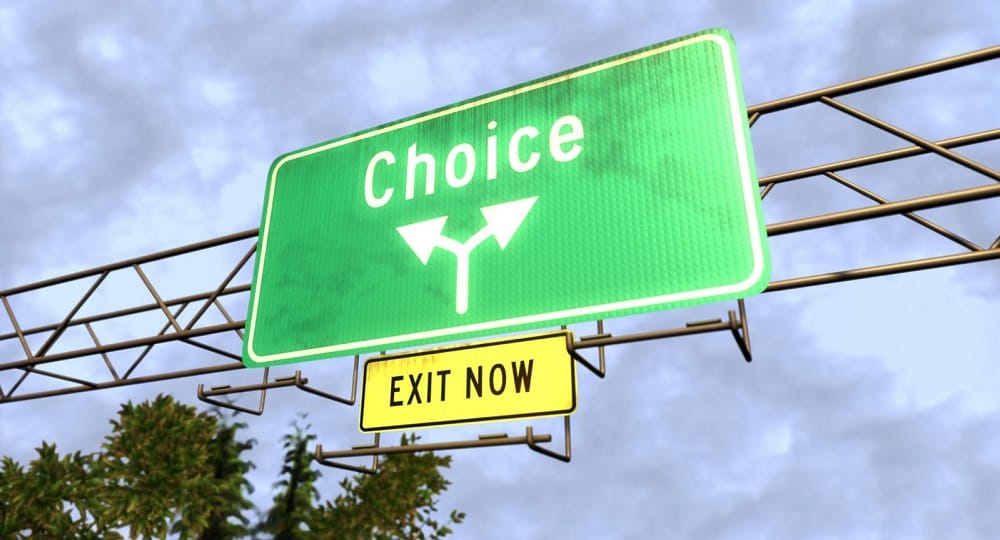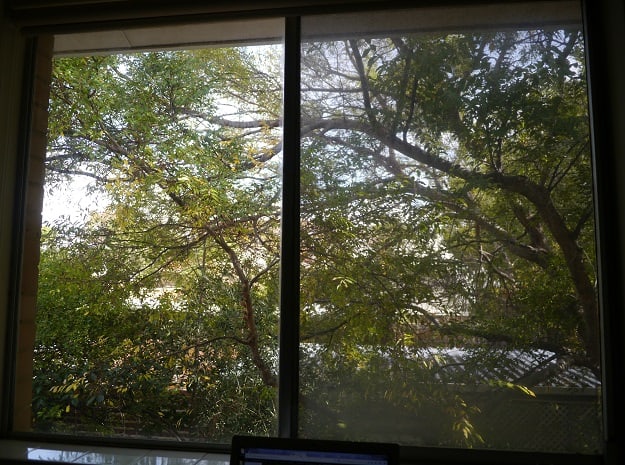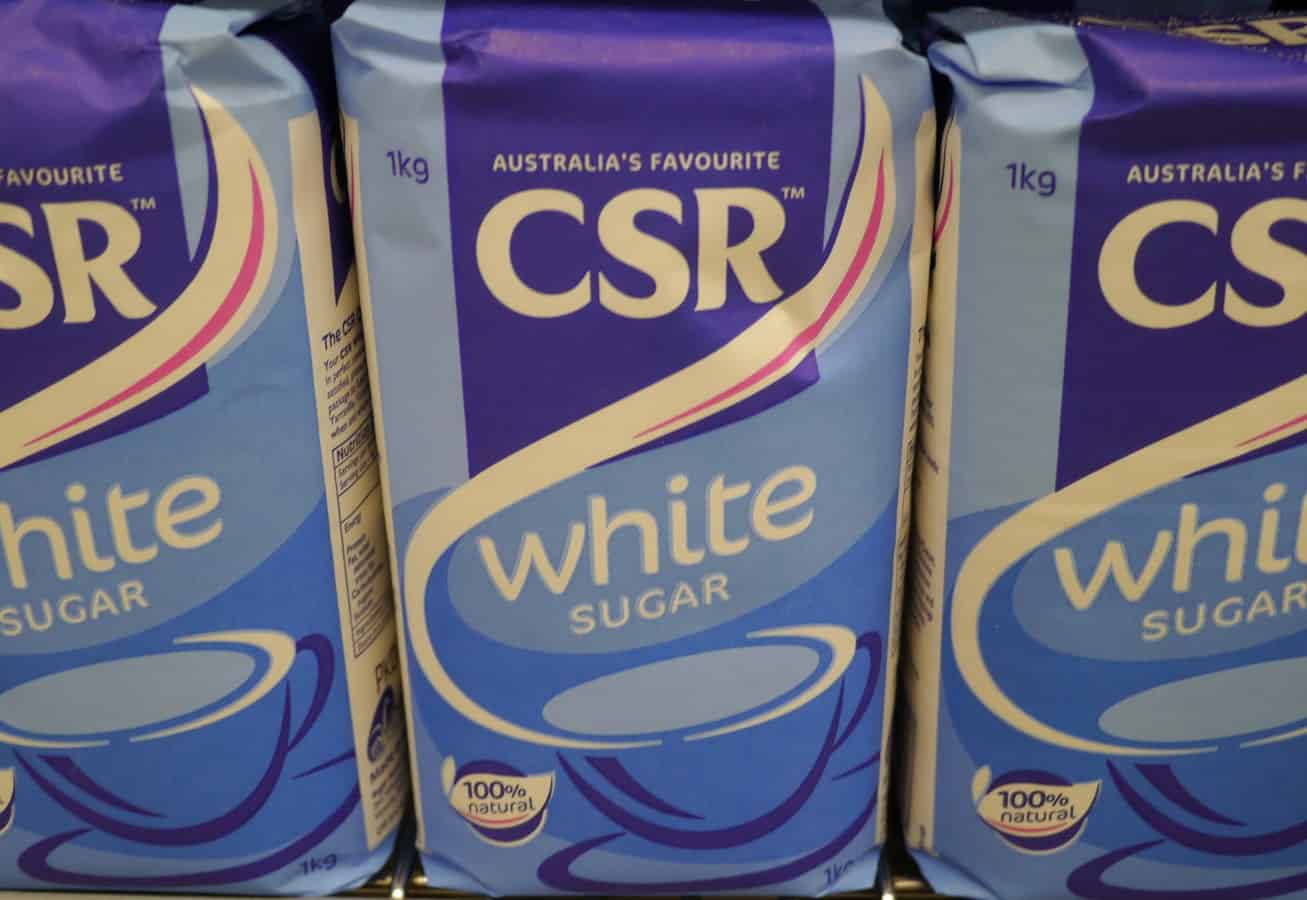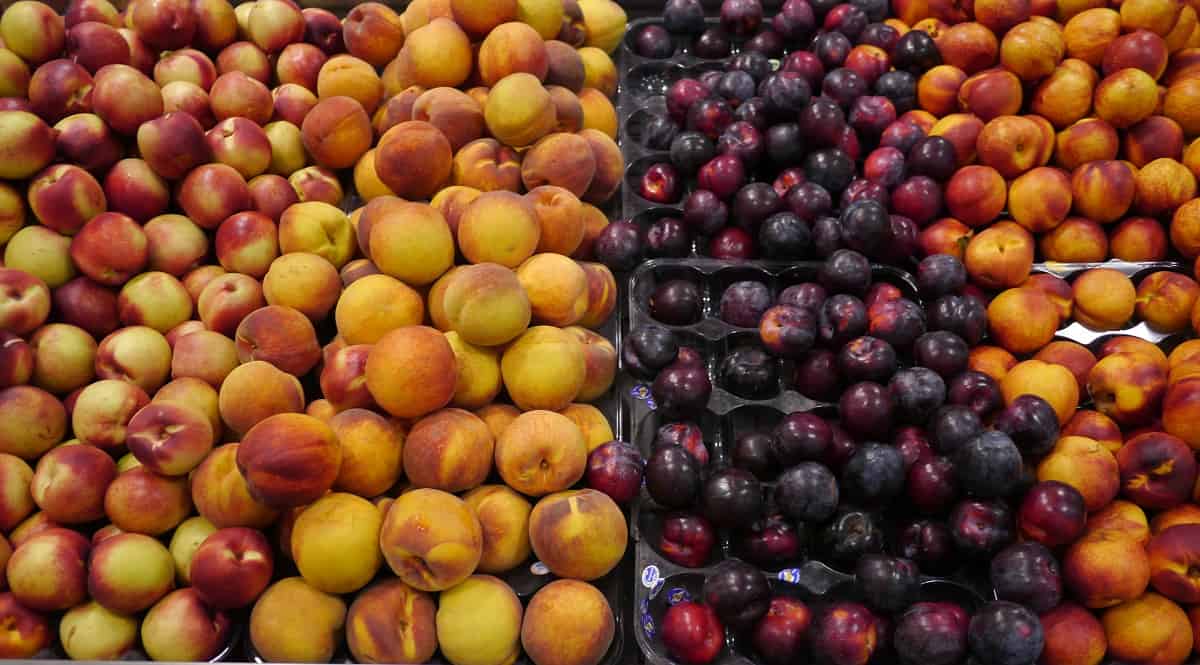A Christmas Gift-Giving Guide for Minimalists…and their loved ones
Christmas always seems like the hardest time of year to explain to people that you have enough stuff, and you really don’t need any more. Family, friends, colleagues…for most of the year they seem to accept (or put up with, at least) our plastic-refusing, stuff-avoiding, minimalist and zero waste ways, but somehow, when it gets to Christmas time, the message seems to get lost.
“But it’s Christmas! How about I buy you some eco-friendly stuff? Some reusable bags? A book about decluttering?” We don’t really want or need any of this stuff, but it can be hard to say no, or to explain how whilst you may have loved gifts as a five-year-old, times have changed and so have you.
Of course, we don’t help ourselves either. In turn, we try to push our own agendas onto our loved ones. We buy them cards from charities letting them know that rather than a present, we’ve donated money on their behalf to a village in Africa. We give them the eco-friendly gifts we like to use, like reusable bags, in the hope they will embrace our zero-waste ways. Or we give them nothing, thinking they will understand because they know that we don’t value presents ourselves.
Except often, they don’t.
We end up with a bunch of stuff we don’t need and don’t want, our loved ones end up with something they don’t want or appreciate (or worse, nothing when they did expect something) – and everybody feels misunderstood and unappreciated.
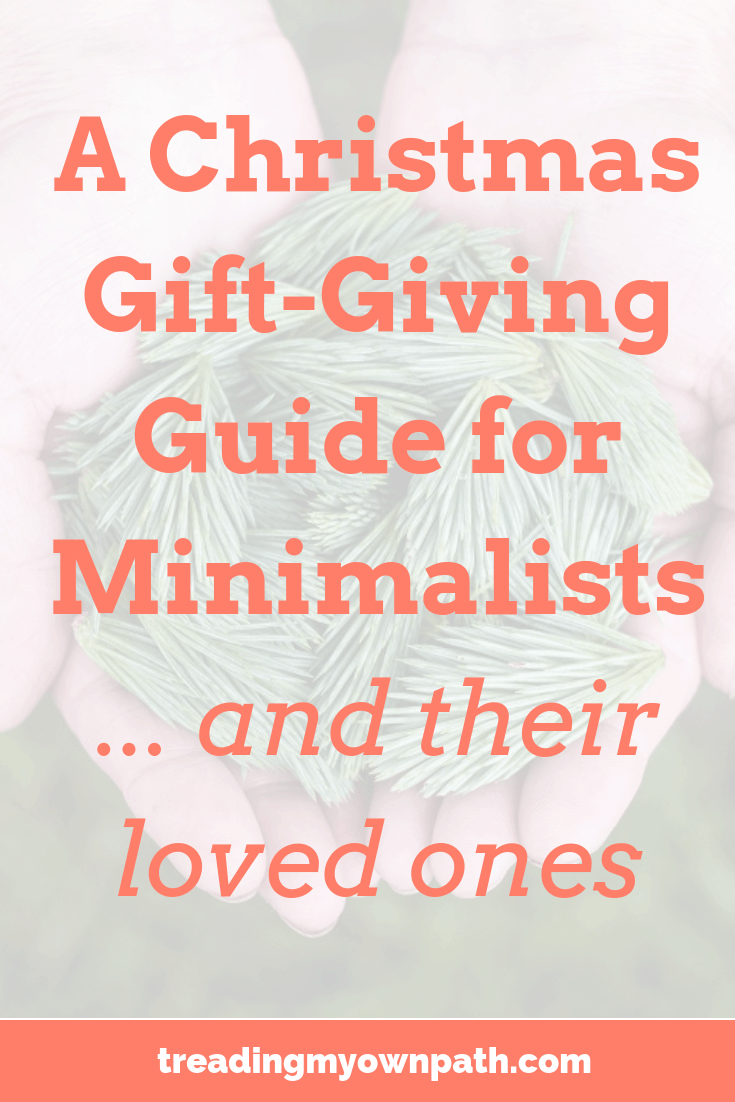
The truth is, gift-giving is complex, because giving gifts mean different things to different people. It took me a while to understand this. I was constantly puzzled why I would receive gifts despite asking for no gift at all, and that my close relatives would be offended because I hadn’t bought them a gift.
I thought that acting in the way I wanted to be treated would help them understand, but really it only brought resentment. Likewise, I couldn’t understand why my requests were falling on deaf ears, and I was left feeling guilty, with all this stuff I didn’t need and didn’t want, most of which ended up being donated.
It was a book I read that made me change the way I thought about gift-giving. It suggested we connect emotionally with others in different ways, and we feel appreciated in different ways… and one of those ways is through gifts.
Most people appreciate gifts, sure, but the idea that gifts could be someone’s main emotional “love language” – that it was the main way they felt appreciated and understood – was actually somewhat of a surprise to me. I assumed it was something we could all just “do without”. As someone whose major love language is “quality time”, I enjoy the festive season for the chance to spend extended periods of time with family and friends, eat good food and have long conversations.
For me, presents don’t need to be a part of that; I’d assumed it was the same for everyone else. I didn’t realise that for some people, presents are genuinely a big part of Christmas.
Once I’d understood this, I began to realise why I was receiving gifts I didn’t need or want. If receiving presents is the main way a person feels loved and appreciated, then it makes sense that they would want to give gifts in return. To them, it’s more than a bunch of stuff; it’s an emotional currency.
I thought everyone liked sitting around after Christmas dinner chatting and setting the world to rights, because quality time is my emotional currency, but I’ve learned that others (my husband’s family, for example) don’t get the same pleasure out of this at all! It’s easy to assume that what works for us works for others, but it doesn’t always.
With this in mind, I’ve relented on my hard-line “no gifts for anyone” policy. Remember, gift-giving doesn’t have to mean “stuff”. Being respectful of others’ needs doesn’t mean you need to buy a bunch of things.
Gifts can be experiences: meals out in restaurants, tickets to shows or concerts, a day out at a museum, time spent together as a group. They can be homemade (I prefer to stick to edible gifts with this; not everyone will appreciate a tie-died hankie), or homegrown (vegetables and fruit, cut flowers and seedlings all apply). They can be in the form of favours and sharing of skills (an evening of babysitting, an afternoon gardening, walking the dog).
I try to keep bought gifts to an absolute minimum, but if I decide that a physical gift is more appropriate, I opt for second-hand: charity shops and also vintage and antique shops, or online auction and classified ad sites.
This doesn’t mean I’ve got it completely right…it’s been a process of learning and understanding over the last few years. After all, for many years I gave and received gifts willingly. This is still new territory for us and our families.
It has been somewhat of an adjustment for friends and family to learn to accept that when we say no gifts, we really mean it, and for me to understand that just because I don’t want anything, applying this rule to everyone else may result in offense being taken (learned the hard way).
Initially, I suspect that our families thought this way of living was a phase that wouldn’t last. We probably thought that we could bring them round to our way of thinking. Now we’re all learning to find a happy medium. Slowly they’ve become more sympathetic to our different values and needs. Whilst they may not agree, they have begun to accept. Likewise, so have we.
Now I’d love to hear from you! How have you dealt with conflicting ideals between loved ones at Christmas? Have you learned to compromise, or reached a mutual understanding? Is it a compromise you’re happy with, or do you still think there’s work to be done? Do you stubbornly refuse to back down – or do they?! Is gift-giving still a source of conflict during the festive season? Have you had good experiences, bad ones..or both? What lessons have you learned? I really want to hear your insights on this so please leave a comment below!

